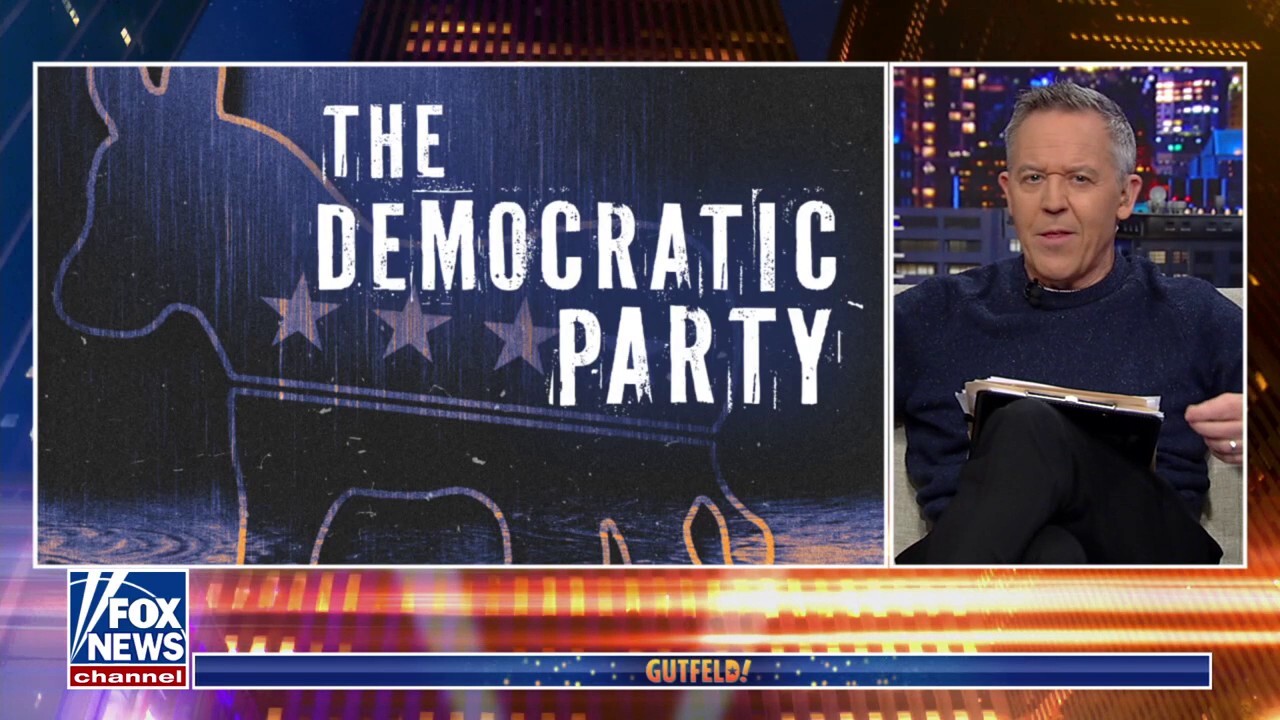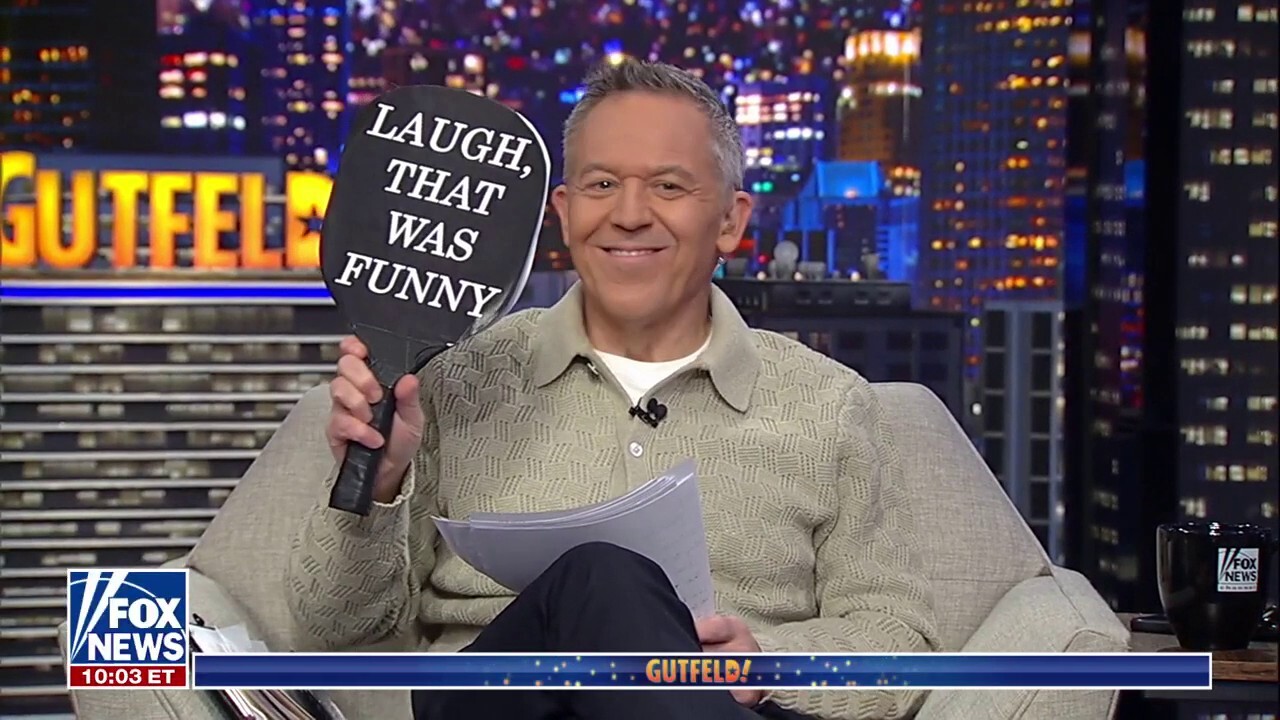Greg Gutfeld Says Democrats and the Media Are ‘Prepping the Mob’
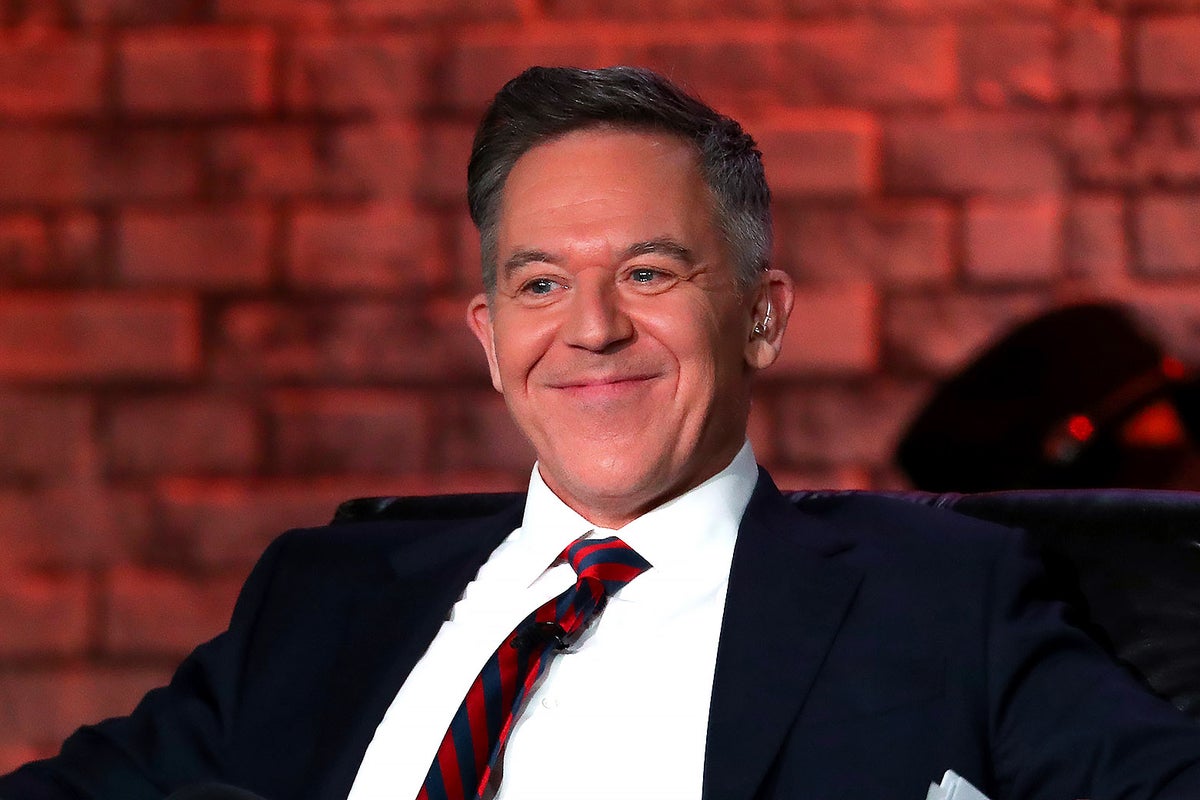
In the rapidly evolving landscape of American politics, the interplay between entertainment and political discourse has never been more pronounced. Greg Gutfeld, the host of the popular late-night show “Gutfeld!”, has recently made headlines by asserting that Democrats and the media are actively “prepping the mob.” This phrase encapsulates a controversial perspective on how narratives are crafted and disseminated in today’s political arena, revealing the intricate relationship between public perception and media influence.
The Influence of Media in Politics
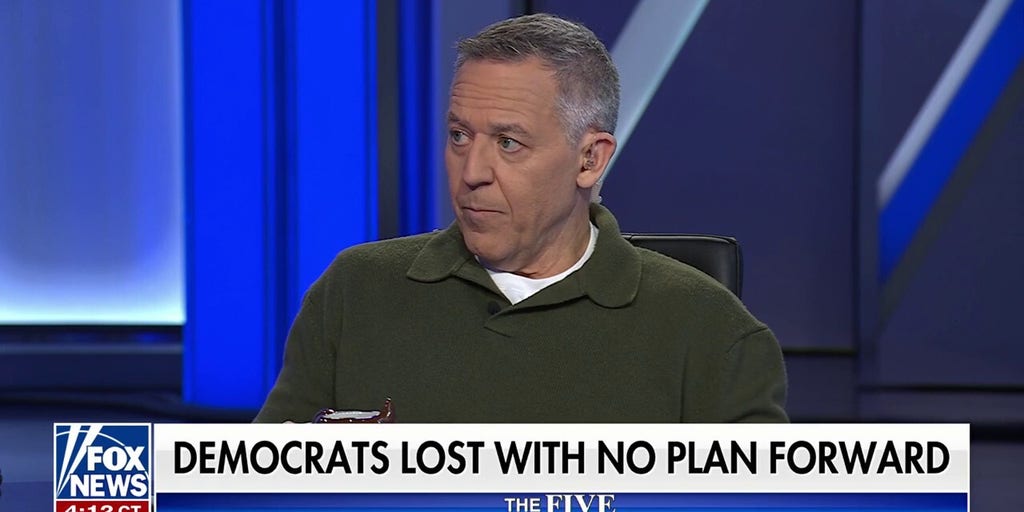
To understand Gutfeld’s assertions, one must first recognize the profound impact of media on political dynamics. In a world saturated with information, the media serves as both a vehicle for news and a platform for opinion shaping. Political figures are aware of this influence, often leveraging media narratives to galvanize their base or critique their opponents. Gutfeld’s commentary highlights the extensive efforts from both sides of the political aisle to manipulate headlines, sound bites, and viral moments to create an engaging, often sensational narrative that resonates with their audience.
- Emotion Over Facts: The media aims to evoke emotional responses, often overshadowing factual reporting. Gutfeld points out that this sensationalism can distort public perception, making information more about entertainment than educational discourse.
- Creating Spectacles: Politicians are not just public servants; they are also performers in a media-centric space. By engaging in dramatic displays or contentious debates, politicians can capture media attention and, consequently, public interest, helping solidify their following.
- The Role of Social Media: The rise of platforms like Twitter and Facebook has changed the game entirely. Instant feedback and viral trends allow political narratives to spread quickly, often without substantial verification, thereby mobilizing support or dissent with unprecedented speed.
Entertainment Strategies in Political Engagement
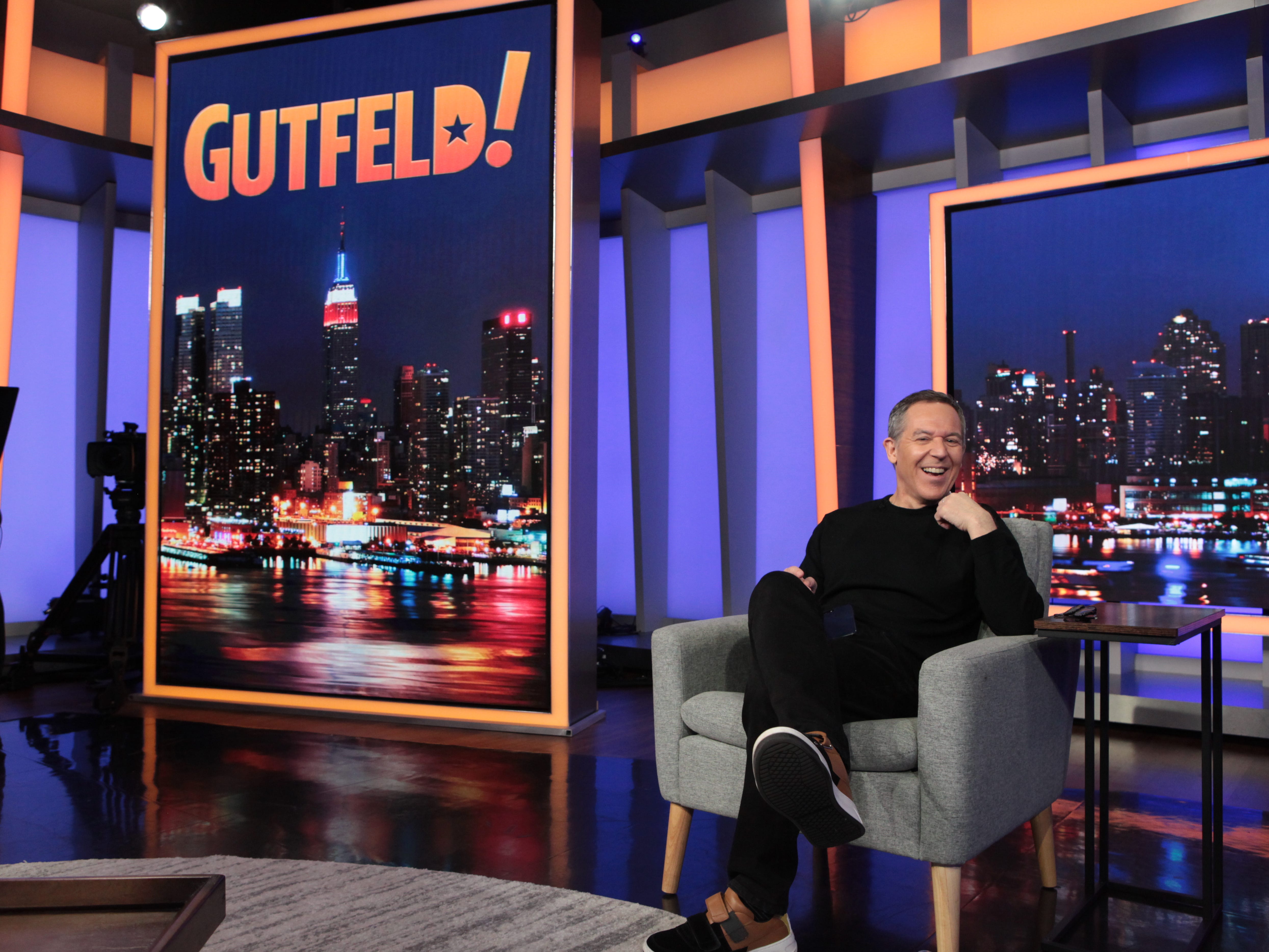
Gutfeld’s insights also delve into how politicians utilize entertainment strategies traditionally reserved for the world of show business. The concept of “kayfabe,” borrowed from the world of professional wrestling, epitomizes this blending of reality and performance. Just as wrestlers maintain scripted rivalries that blur the lines between fiction and reality, political figures often engage in bombastic rhetoric and dramatic narratives that resonate with their followers rather than strictly adhering to factual discourse.
- Crafting a Persona: Much like a stage actor, politicians curate their public personas to elicit specific reactions from their audience. This deliberate construction of an image makes them relatable or aspirational, allowing them to engage with supporters on a personal level.
- Dramatic Storytelling: Campaign speeches and political advertisements often resemble mini-dramas, presenting conflicts and resolutions that appeal to voters’ emotions. This narrative-driven approach enhances the connectivity between politicians and their supporters.
- Mobilizing Support: By emphasizing high-stakes scenarios and creating a sense of urgency, politicians can effectively mobilize their base, encouraging action—whether that’s voting, attending rallies, or sharing content online.
The Dynamic Relationship Between Public Figures and Their Audiences
One of the most critical points Gutfeld makes is the shifting relationship between politicians and their audiences, drawing parallels to the dynamics found in entertainment. As politicians seek to engage with an increasingly skeptical and polarized populace, they often cater their messages to align with their audience’s beliefs and emotions.
- Feedback Loop: Social media has created a real-time feedback loop between public figures and their supporters, allowing for immediate reactions and adaptations to political stances based on public sentiment.
- Responsive Messaging: Politicians often modify their messaging based on audience reactions, ensuring that they stay relevant and appealing to supporters, much like entertainers who adjust their performances based on audience feedback.
- Viral Moments: Much like a viral video, the political sphere can be heavily influenced by spontaneous moments that capture public imagination, leading to a surge in support or backlash, depending on how those moments are framed in media narratives.
In conclusion, Greg Gutfeld’s assertion that Democrats and the media are “prepping the mob” serves as a compelling critique of the current political landscape, emphasizing the need for critical engagement with both media narratives and political messaging. As citizens, it is crucial to discern the entertainment aspects intertwined with political engagement, enabling informed participation in the democratic process. For more insights on navigating today’s political media, join our newsletter for expert commentary and analysis.
